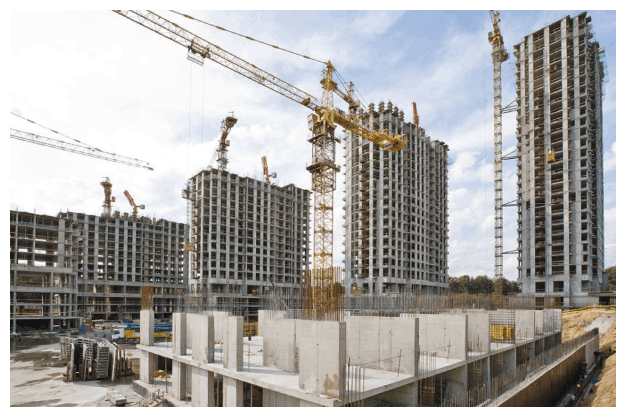
YEIDA Announces Two Policies to Revive Stalled Projects in Greater Noida

Goa government hikes property registration fee from 0.5% to 1%, pushing buyers to pay around Rs 74,000 more for registrations. Credai opposes, stating it will affect market demand.

Maharashtra makes slot booking mandatory for property registration in April due to COVID-19 restrictions, potentially impacting revenue collection.
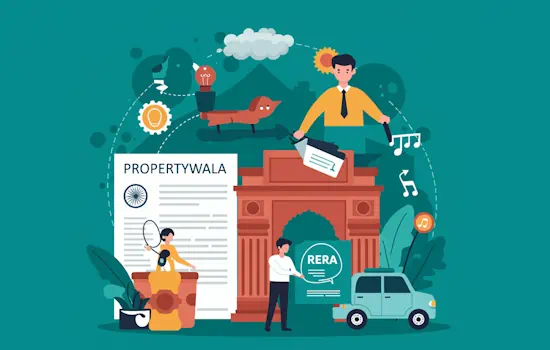
Gujarat RERA imposed fines on Devnandan Builders, Dwarkadas Pritamani, and Shivalik Infraspace for violating RERA rules. Violations included booking apartments without registration and accepting advance payments beyond the permitted limit.

TNRERA Denies Compensation for Delayed Delivery and Lack of Car Parking

NCR extends construction ban in Noida, Ghaziabad till May 3, Gurgaon & Faridabad allowed with approvals

More than 75,000 homebuyers of Amrapali, Jaypee Infratech, and Unitech in the National Capital Region are likely to be ineligible for the Rs. 25,000 crore stress fund due to government conditions. The finance ministry has clarified that the fund won’t be invested in projects facing litigation in high courts and the Supreme Court. Houses costing more than Rs. 1.5 crore in the NCR region are also not eligible.
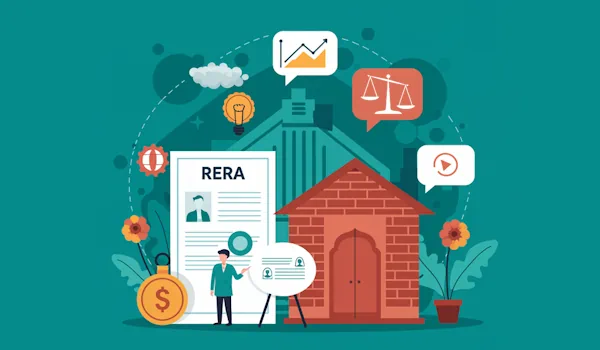
The Madras High Court has reinstated the ban on registration of unapproved plots in Tamil Nadu and seeks details on applications violating the 2016 ban order. A special sitting is planned to address the issue.

Environment Ministry Integrates Environmental Conditions with Building Permissions for Smaller Buildings

The government has introduced draft rules ensuring developers compensate buyers for delayed project completions, aiming to enhance accountability in real estate transactions.

The state government is giving occupants of rural and urban evacuee lands another chance to claim land transfer within three months. Failure to do so may result in them being barred.

Credai Maharashtra praises state's decision to reserve 20% of flats for the weaker section in developments on one acre of land. The policy aims to reduce slums and provide affordable housing.
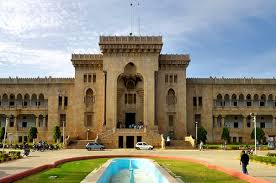
HMDA rejects BPS papers of 65 educational institutions in Hyderabad for non-compliance with regularization rules. Demolition possible, but officials are proceeding cautiously.

India needs regulatory mechanism to protect flat buyers from illegal constructions, citing Campa Cola case, to ensure developers provide rights to societies in case of law breaches.
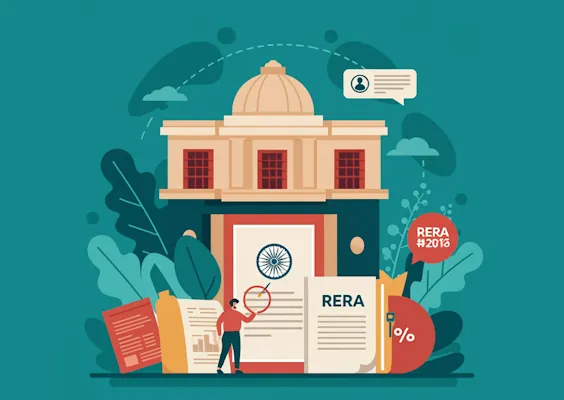
CREDAI Karnataka seeks amendments in Land Reforms Act, exemption for marked development lands, and resolution for sand quarrying policy.

The real estate market, once a high-growth sector, is currently facing challenges due to economic slowdown and revised funding rules. Experts advise caution and research before investing.

SC asks Sahara firms & Subrata Roy to reply to SEBI's contempt petition within a week, regarding non-repayment of ₹24,000 Cr to investors.

Noida and Greater Noida authorities caution defaulting developers to clear dues or face consequences, impacting flat registrations and home buyers due to financial crunch.

SEBI warns public against dealings with two Sahara Group firms due to property attachments. Movable and immovable properties of Sahara India Real Estate Corp Ltd and Sahara Housing Investment Corp Ltd, including those of three promoters, are attached. Investors cautioned against business relations.
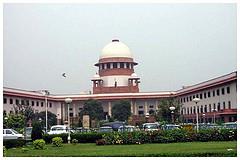
The Supreme Court dismissed Sahara's appeal to review the order to refund ₹25,000 Cr to investors. The court found no valid reasons to reconsider its verdict.

CCI Frames New Buyer-Developer Agreement for Fair Real Estate Sales
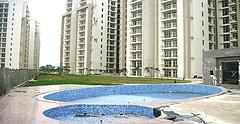
Noida Authority uncovers a real estate scam worth Rs.3800 Cr from 2011, leading to the removal of several officials and potential suspensions.

CREDAI urges Bengal government to repeal the Urban Land Ceiling Act, citing it as a hindrance to real estate development.

Maharashtra High Court orders real estate builders to pay 5% VAT by October 31, but many developers are pressuring buyers to pay due to lack of proper records.

Real estate developers anticipate Union Budget 2012 to bring pragmatic provisions, including increased infrastructure funds for housing and removal of service tax on residential construction.